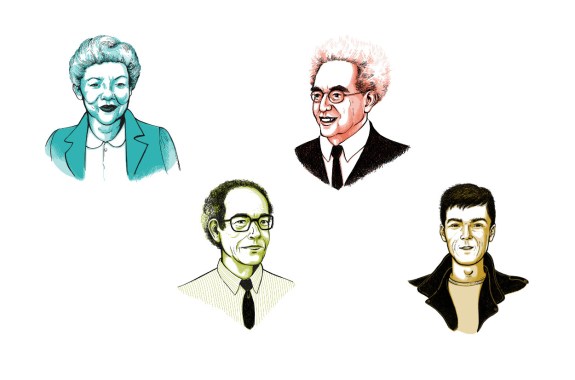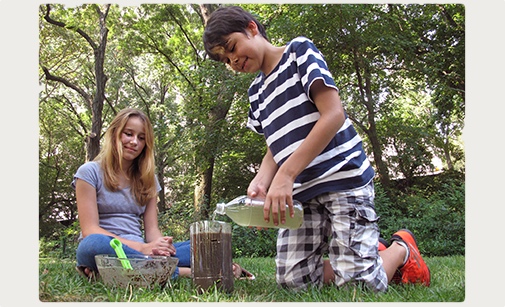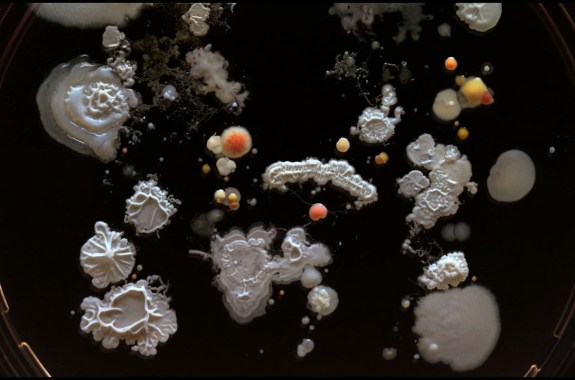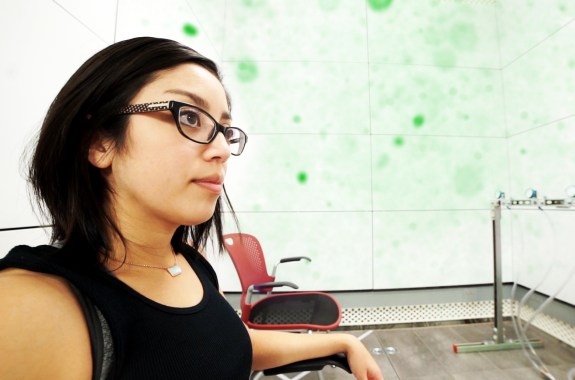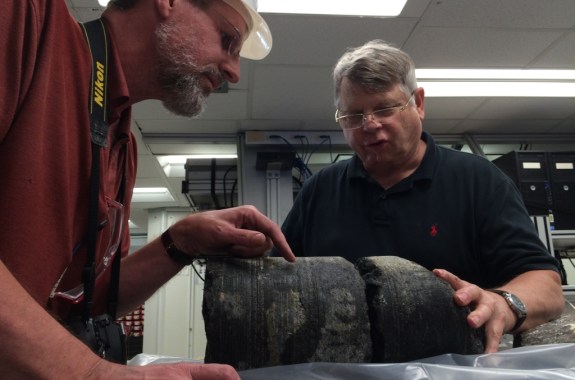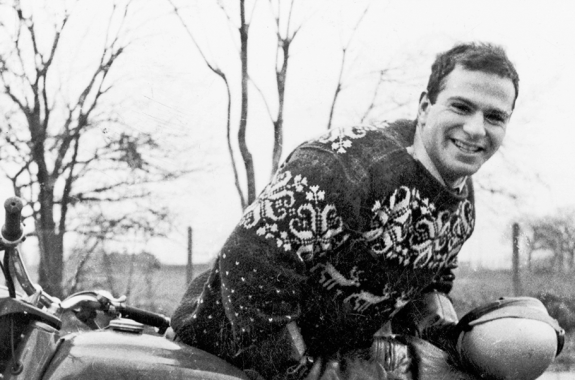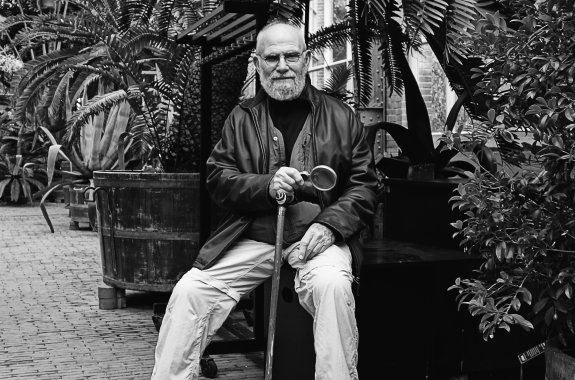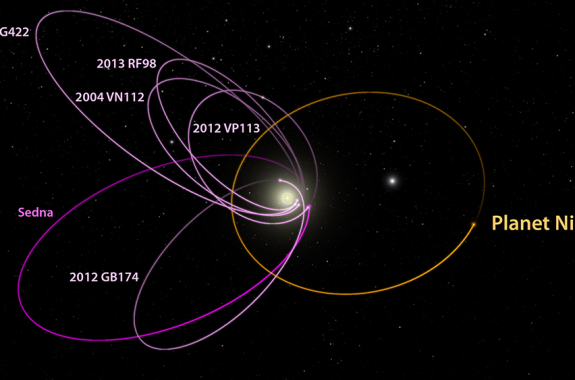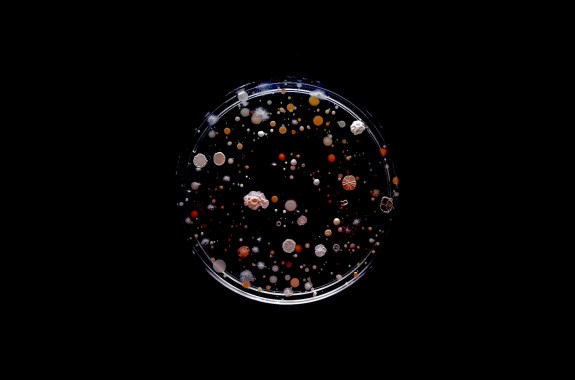On Today's Podcast
3D Images Of Galaxies Will Rock You (Ft. Queen)
Astronomer and Queen guitarist Brian May teams up with astrophysicist Derek Ward-Thompson to bring the cosmos to 3D.
Listen NowFebruary 27, 2026
A new simulation shows large amounts of hydrogen in our planet’s core. Scientists report on what they found in 290-million-year-old vomit. Plus, a comedic play and a 20-year neurology study explore what we can do to prevent dementia and cognitive decline. And, a federal law aims to close the legal loophole that lets stores sell THC products from hemp.
Oliver Sacks: Under the Influence
Oliver Sacks was wealthy in friends, mentors, and other inspiring companions. Let’s meet a few of them.
Ira-Witness News: Climate Change Skeptic Meteorologist Feels the Heat
In an interview with Yale Climate Connections, meteorologist Greg Fishel explains how he came to accept anthropogenic climate change.
Make A Home For Microbes To Understand Their Behavior
Build a home for microbes as you create a Winogradsky column, a simple ecosystem for bacteria and other microorganisms.
The Week-After SciFri Quiz! 1/26/16
How much do you know about Planet Nine and prehistoric violence?
Your Very Special Microbial Cloud
At the Biology and the Built Environment Center at the University of Oregon, researchers have revealed that not only can they detect and catalog the microbial cloud of someone in a room, but each person’s cloud is unique.
Can the ‘Godzilla’ El Niño’ Solve California’s Drought Problem?
The effects of El Niño may only be a down payment on a drought with a huge mortgage to pay off.
12:07
PCB Contamination, Space Flowers, and Python Removal
High levels of toxic polychlorinated biphenyls are showing up in European marine mammals. Plus, a look at the pros and cons of a public python removal competition.
12:09
To Compose the Perfect Bite, Listen to Your Food
Dan Pashman, host of WNYC’s The Sporkful podcast, tells us how sound can influence the taste of your food, prevent cooking mishaps, and help you to compose the perfect bite.
7:22
Digging Deep Into the Crust of the Earth
Researchers are drilling through the earth’s crust to learn about the formation of the planet.
The Bodybuilder: Oliver Sacks’ Days on Muscle Beach
The renowned neurologist remembers his bodybuilding days on Venice, California’s Muscle Beach.
8:43
Read ‘On the Move’ With the #SciFriBookClub
The SciFri Book Club celebrates Oliver Sacks’ literary legacy by reading his autobiography, “On the Move.”
SciFri Book Club Meetup: New York Botanical Garden
Discuss Oliver Sacks’ “On the Move” with fellow SciFri Book Clubbers at the New York Botanical Garden.
17:13
Somewhere Out There, Planet Nine
Researchers calculate that there may be a large undiscovered ninth planet lurking in the distant reaches of our solar system.
17:21
Archaeological Find Points to Ancient Human Violence
Archaeologists report the discovery of evidence for a 10,000-year-old massacre.
10:17
Does Apple Deserve Its Reputation for Good Design?
Apple’s former Human Interface Evangelist argues that the company is “destroying design.”
6:00
An Artist Swabs the NYC Subway
An artist creates unconventional “portraits” of NYC commuters with bacteria gathered on the subway.
What Is Seasonal Affective Disorder, And How Can I Treat It?
SAD is more than just the post-holiday blues. Here are some treatment options if you suffer from seasonal depression.
